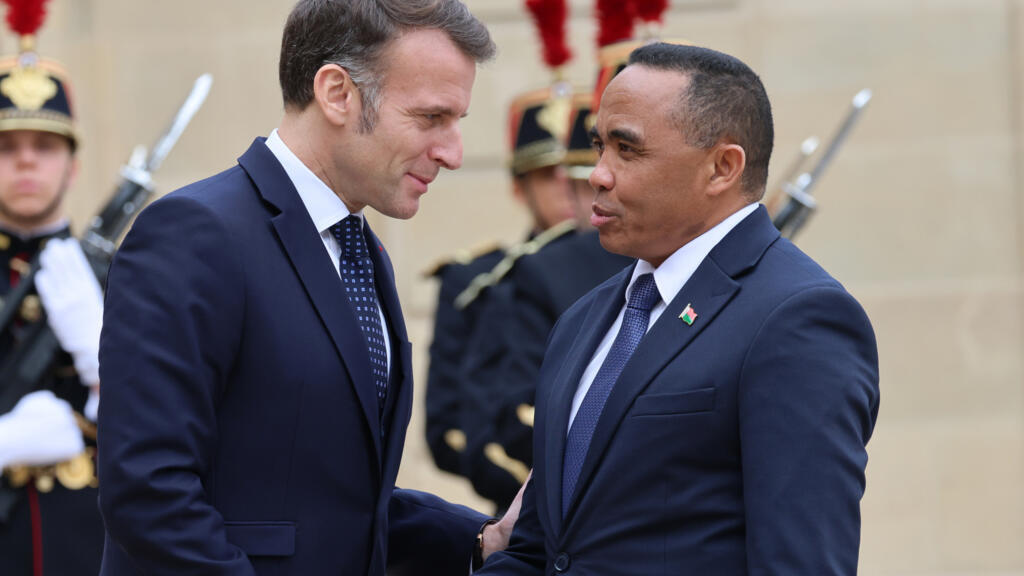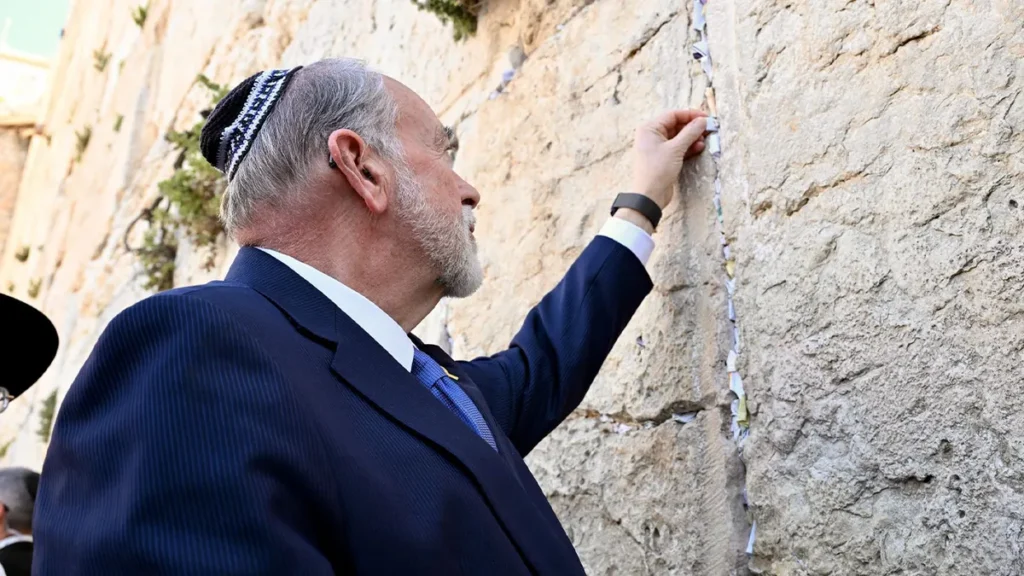
The United Nations has painted a disturbing picture of Haiti, with nearly 95,000 people forced to flee the capital Port-au-Prince due to escalating gang violence since March.
The International Organization for Migration (IOM) warns this figure may be even higher as some displacement goes uncounted.
Insecurity reigns supreme in Haiti’s capital. Gangs, emboldened by a recent attempt to oust Prime Minister Ariel Henry, have tightened their grip on Port-au-Prince.
This has pushed residents to undertake perilous journeys to reach safer provinces, many traversing gang-controlled routes.
This mass exodus further strains already fragile infrastructure and resources in receiving areas, particularly Haiti’s southern region, which already hosts over 116,000 displaced people.
The political deadlock that has delayed the formation of a transitional government creates a vacuum of leadership, leaving Haiti vulnerable.
Food shortages and a lack of medical supplies further exacerbate the plight of those fleeing violence and those struggling in already strained host communities.
Haiti, a nation long burdened by poverty, political instability, and natural disasters, now faces a deepening humanitarian crisis.
The 2010 earthquake’s scars remain fresh, and the current situation threatens to leave even more devastating marks.
The international community is urged to act swiftly, providing critical aid and supporting efforts to establish a stable transitional government that can pave the way for lasting solutions and prevent further suffering.




